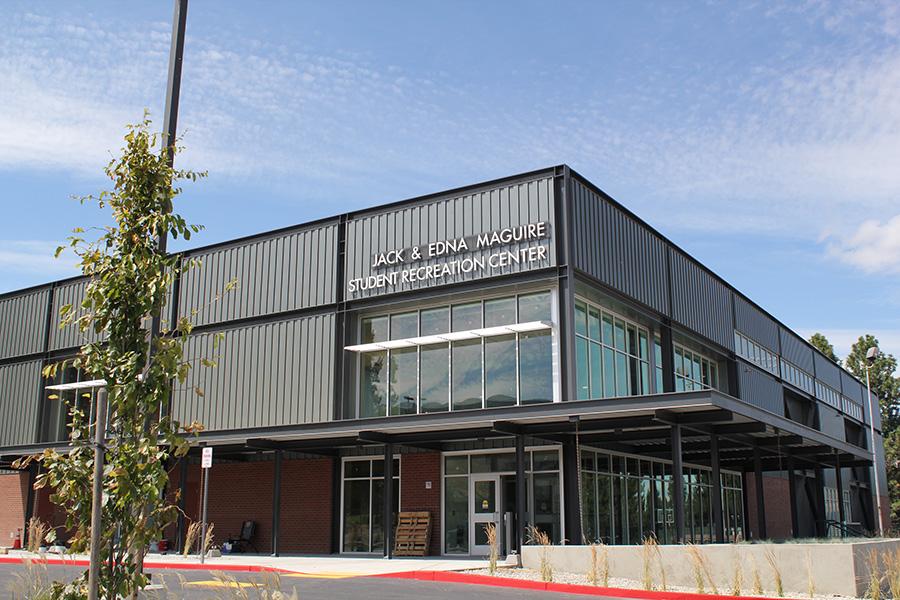As Washington state continues committing to sustainability and environmental stewardship, the implementation of the Washington Clean Building Standard has become a focal point for building owners and developers. For those embarking on new construction projects, incorporating commissioning requirements that align with the standard is essential to achieving compliance and optimizing building performance. We will be exploring the process of developing commissioning Request for Proposals (RFPs) for new buildings that effectively address the Washington Clean Building Standard requirements.
The Clean Buildings Standard, enacted by the Washington State Legislature in 2019, aims to reduce energy consumption and greenhouse gas emissions from existing commercial buildings. It establishes performance standards for energy efficiency and requires building owners to conduct energy assessments and implement energy conservation measures (ECMs) to meet specified targets.
Key Components of Commissioning RFPs for New Buildings
- Integration of the Washington Clean Buildings Requirements: The commissioning RFP should clearly define how the commissioning process will meet the requirements of the Washington Clean Buildings Standard. This includes ensuring the commissioned systems meet energy efficiency targets, comply with applicable codes/standards, and support the project’s sustainability goals.
- Scope of Commissioning Services: Define the scope of the commissioning services that are being provided, including detail on the systems being commissioned, the level of commissioning, and the specified tasks and deliverables associate with each phase of the process like design review, installation verification, functional testing, and performance verification.
- Qualifications & Experience Requirements: Detail the qualifications and experience of the commissioning firm and proposed engineers that will be conducting the project. This should include certifications, related project experience of size and scope, familiarity with the Washington State energy codes, and demonstrated expertise in sustainable building practices.
- Timeline: Establish a realistic timeline for the entirety of the commissioning process, including the key project milestones and dates of deliverables. Consider a variety of factors when assembling including project schedule, construction phases, and coordination with other project stakeholders. This ensures that commissioning activities are integrated seamlessly with the key project stakeholders and overall project timeline.
- Reporting & Documentation Requirements: Outline the requirements for reporting and documentation throughout the entirety of the commissioning process. This should include progress reports, commissioning plans, test procedures, deficiency logs, and the final commissioning report. It is important to emphasize the importance of thorough documentation to support compliance with the Washington Clean Buildings Standard and support in facilitating future building maintenance and operation needs.
- Coordination with Other Project Team Members: Clearly specify the expectations for collaboration and coordination with other project stakeholders this includes architects, engineers, contractors, and the building owners. It is crucial to ensure the commissioning engineer has access to all relevant project documents, is in attendance in project meetings, and clearly communicates with the primary stakeholders at all stages of the commissioning process.
- Measurement & Verification (M&V) Plan: Include a detailed Measurement and Verification (M&V) plan outlining how the energy savings and performance improvements will be measured, verified, and reported post-occupancy. This should align with the requirements of the Washington Clean Buildings Standard and provide framework for ongoing monitoring and optimization of building performance.
- Budget & Cost Estimates: Provide an overview of cost estimates and overarching budgetary information for the commissioning services of scope, including any additional costs associated with meeting the requirements. It is important to ensure the budget realistically reflects the scope and complexity of the project.
Developing a commissioning RFP that effectively addresses the requirements of the Washington Clean Buildings Standard is essential for achieving compliance and optimizing building performance. By integrating requirements into the commissioning process, specifying clear scope, qualifications, deliverables, and fostering collaboration among project team members, building owners and developers can ensure a successful commissioning outcome that supports both sustainability goals and regulatory compliance.

